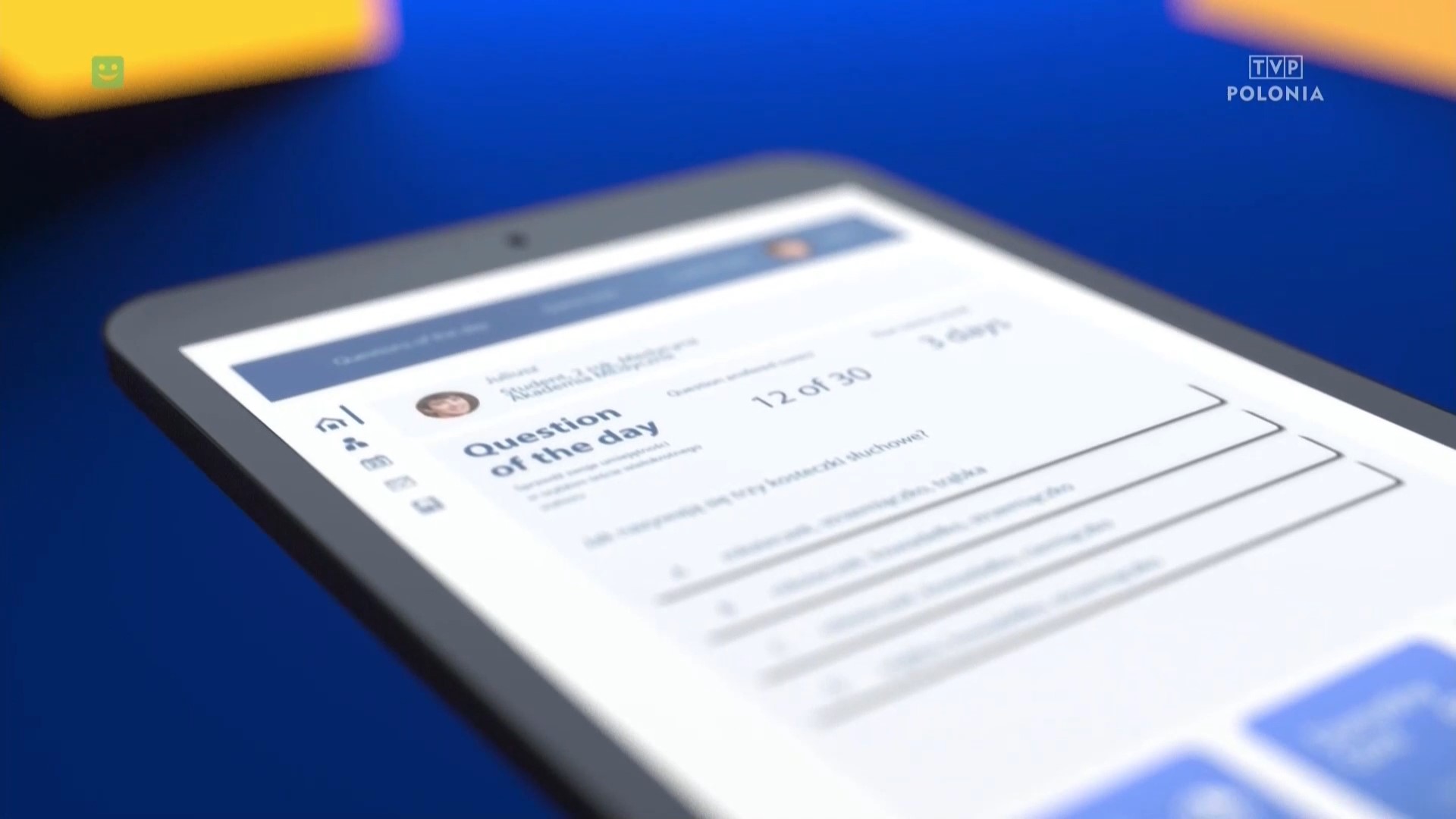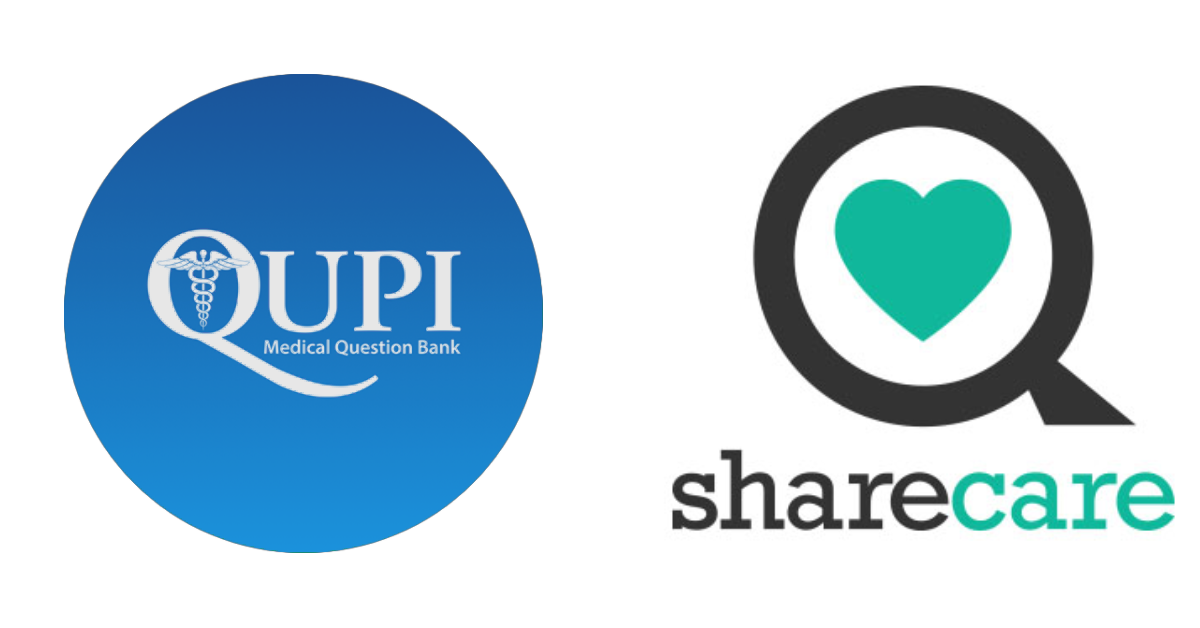Studying in medical school is what I call “an inexact science”
Although the concepts you will learn are backed by evidence-based studies, the way in which they should be gone through is still trial and error. Due to the bunch of information students of the medical school are exposed to, they are prone to cram material for exams and as a result, they forget stuff when shifting subjects.
Flash cards, question books, anatomy images…
You could use a great deal of old-fashioned visual aids to attempt mastering medical school. The truth is that there’s no right or wrong way to study because each medical learner is different. With that in mind and by taking advantage of this virtual era, here I propose the best study apps that I gathered after interviewing medical graduates. Do you want to rock in med school? Check it out and good luck, folks:
Medscape is the first app that my doctor friends recommended
After checking its ranking in Google Play (4.4) and its reviews, I can write: “Argumentum ad populum.” I think it’s worth to try as it features peer-reviewed medical journal articles, daily medical news, major conference coverage, and more. Upon registration, you can use it right away.
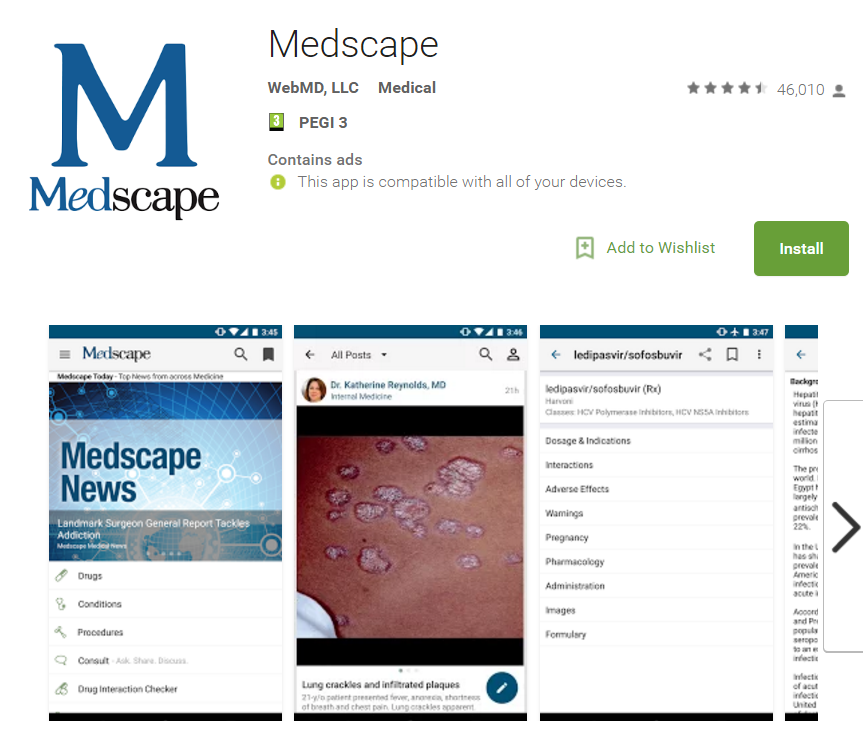
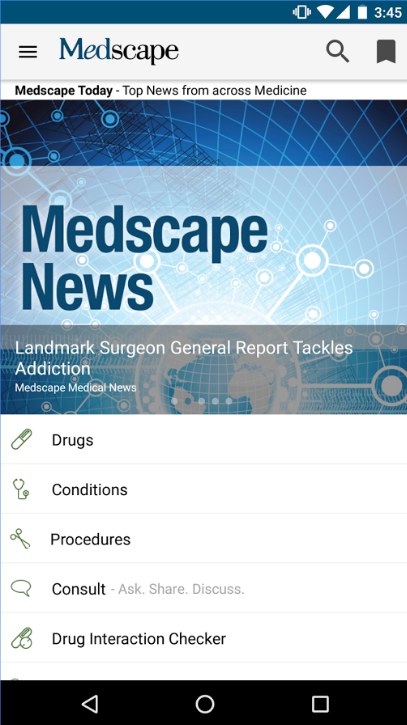
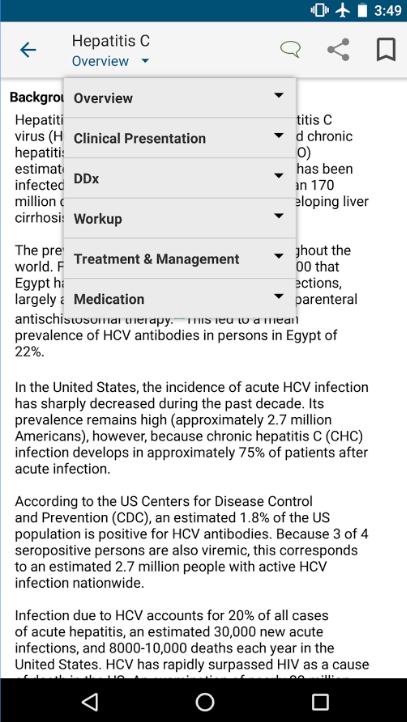
MedCalc is a more technical app designed for statistics linked to biomedical sciences
And it’s not only in the English language, but also in Spanish, Italian, French, German, and even in Polish (by the way, I live in Poland so it caught my attention). It has a spreadsheet for data input and can import files in several formats (i.e. Excel). Fancy statistics? Then this is for you.
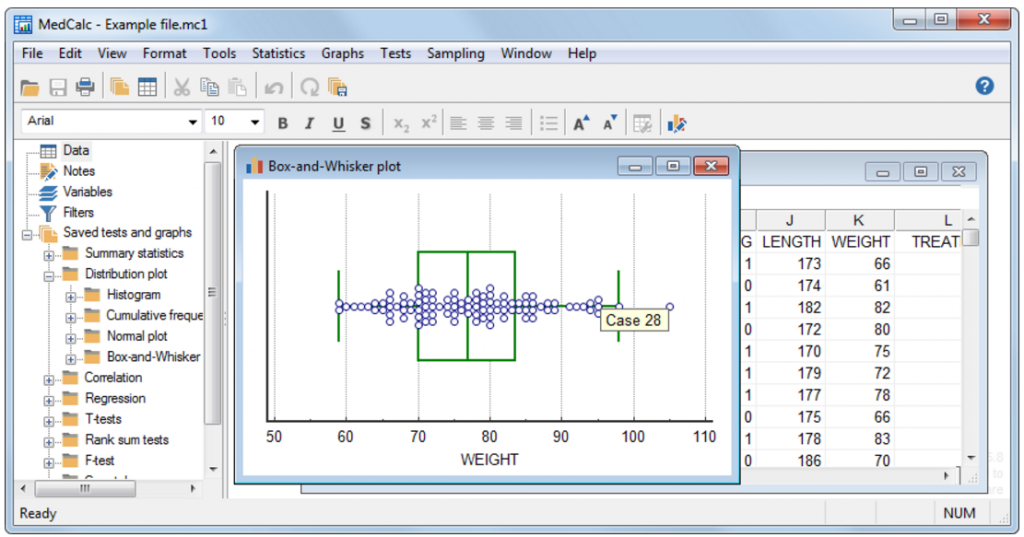
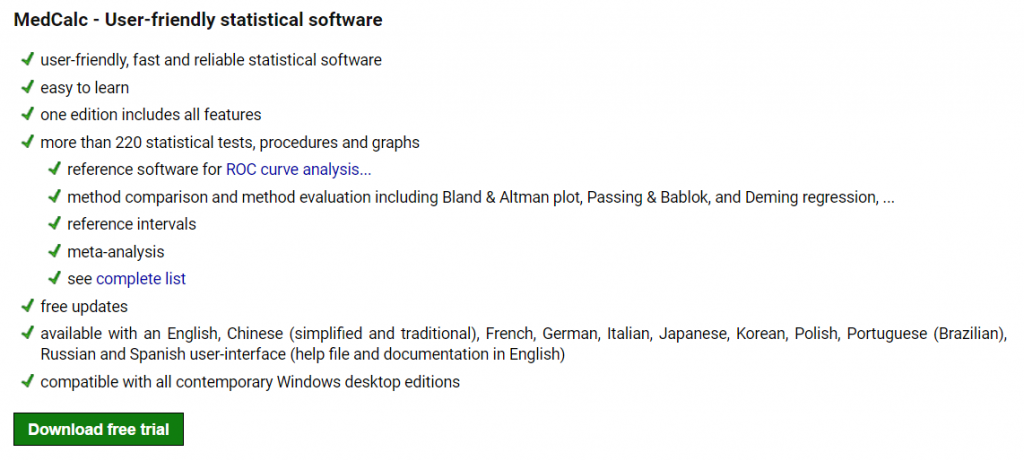

Last but not least there’s QUPI
You know what they say: “Last will be first”. There’s a brand-new tool that my friends both in the USA and Poland are trying out: QUPI, which is described as the largest user-generated medical question database. If you visit its website you’ll find medical knowledge quizzes to help you succeed in passing medical schools or license exams. There are also tutorial videos, step-by-step explanations, and more useful medicine-related features.

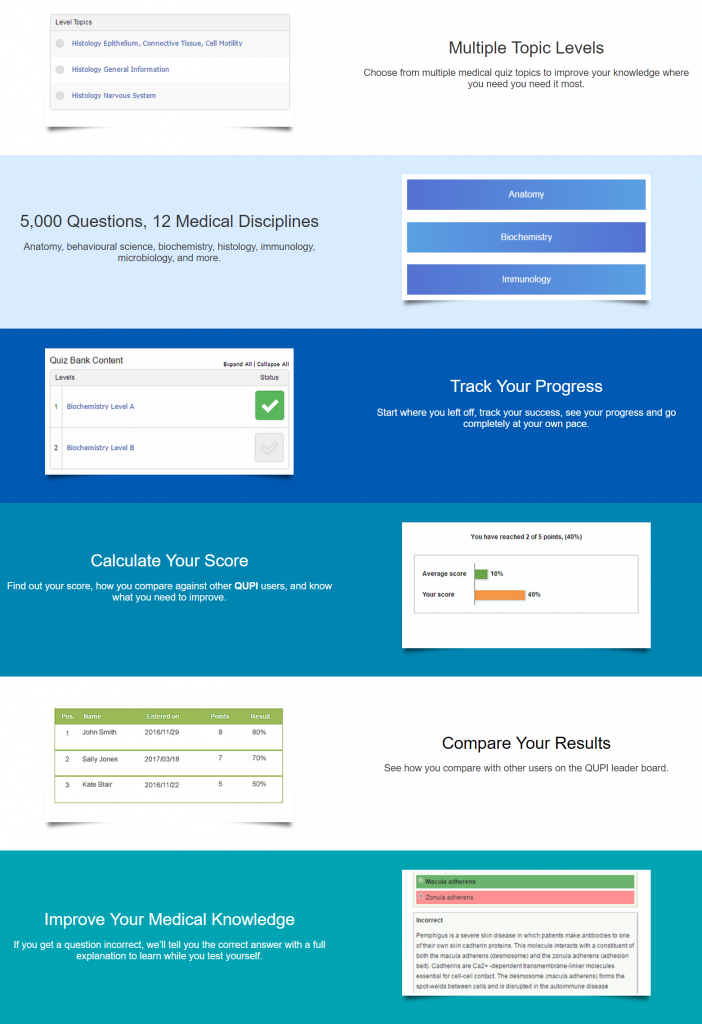
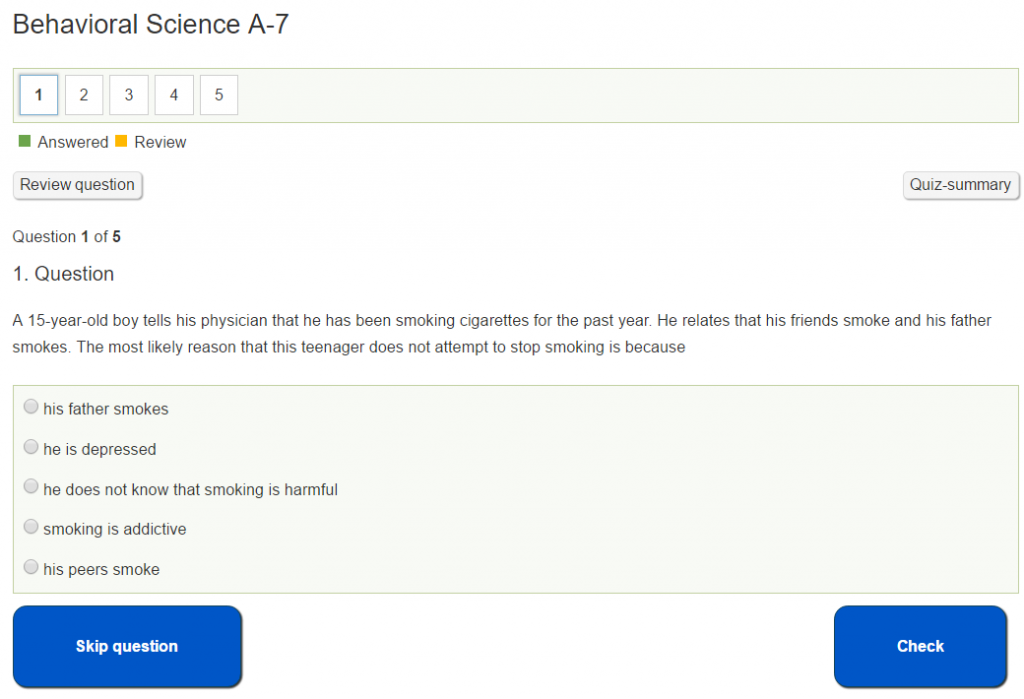
Hopefully, these tools are able to somehow ease the stress caused by studying medicine. Whether you want an app to read the latest news, for complicated biomedical calculations, or to access a handy database to review specific terminology and questions, these three tools were highly advised by some of the medical graduates I know. Remember: “Advice when most needed is least heeded.” Hence the sooner you start getting used to any study aid, the better.
As usual, I’d like to get your feedback. Have you heard of other apps that every medical student should download? Which ones do/did you use the most? Let’s exchange best practices!
